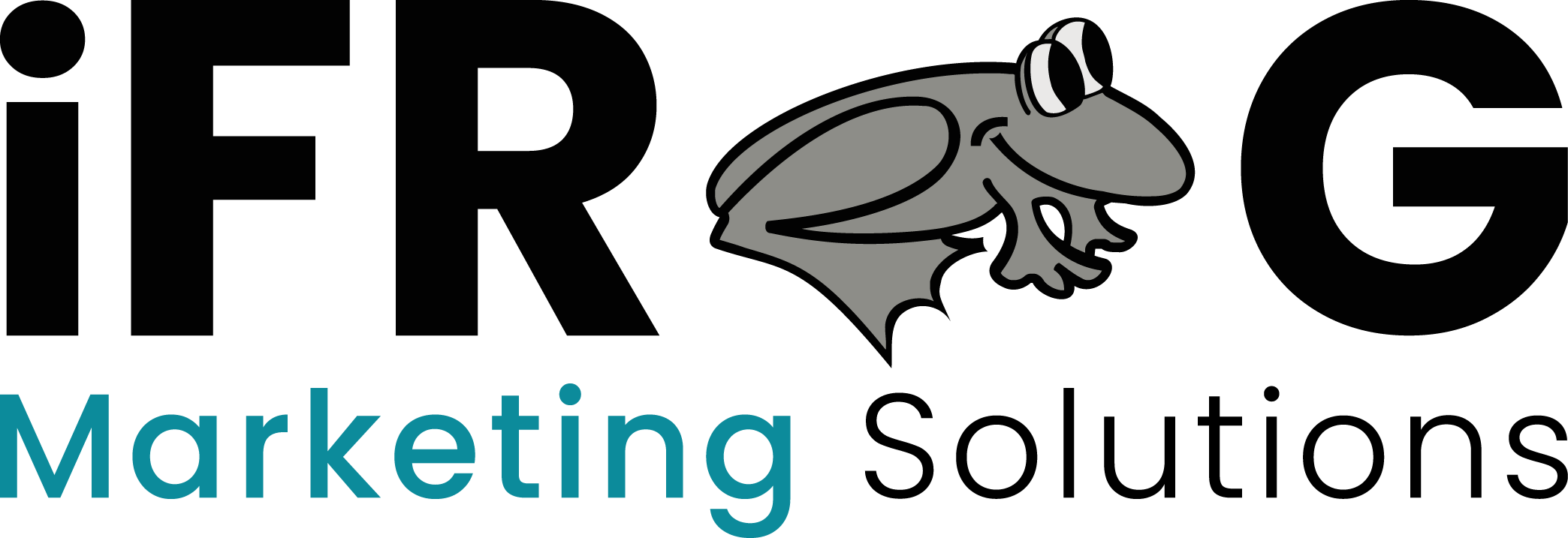As the world shifts and as privacy concerns become a hot topic for users and advertisers, Google is making a significant change. Beginning October 19, 2020, Google announced some updates to their personalized advertising policy. Do you use Google Search or Display advertising? Let’s detail what this means for you and your business.
What’s the New Policy?
Previously, an advertiser could target customers based on their specific demographics: age, gender, marital status, parental status, or zip code. For our partners in the auto industry, targeting by zip code was an ideal method to find their customers, especially since their sales are reported at a zip code level! However, this new policy means that advertisers are prohibited from targeting by these demographics for any campaigns related to housing, employment, or credit (H.E.C.).
If you run your company’s Google Ads account, you’ll receive a notification prompting you to acknowledge the policy change. It’s key to acknowledge this change, otherwise you won’t be able to create any new campaigns. Additionally, it’s important to note this policy change only applies to advertisers in the U.S. or Canada, or any advertisers targeting those locations.
Why the Change?
In this wild and chaotic year, we have to ask: why did Google make this change? Simply put: Google wants to protect consumers from bias.
Per Google’s statement: “In an effort to improve inclusivity for users disproportionately affected by society’s biases, we don’t allow some categories of products or services to be targeted to specific audiences. This is in addition to existing ads policies that prohibit discrimination and personalized ads policies that prohibit use of Identity and Belief categories.”
By removing potential biases, Google is ensuring that any potential biases advertisers hold are now eliminated.
What Does This Mean For Me?
For Google Paid Search campaigns moving forward, you won’t be able to target customers based on their zip code. There are other options available, such as town, county, or radius targeting that will replace targeting in a zip code.
If you would like to examine any aspect of your Google Ads reporting broken down to the zip code level — perhaps to make sure you are meeting the desired impact for key areas — you can still accomplish this. You simply need to let the iFrog team know any specific towns, cities, or counties you would like to be visible in reporting. They will then layer those specific targeting methods onto the radiuses they are already targeting for you. This will allow them to report data specific to those towns, cities, counties, etc.
How Can iFrog Help My Business?
Chances are, this won’t be the last policy change from Google or other digital advertising networks. By partnering with us, we’ll do the heavy lifting to remain knowledgeable and maintain our expertise on any new policies, and always keep you ahead of the competition.
If you’re ready to make the leap with iFrog, contact us today!


Comment